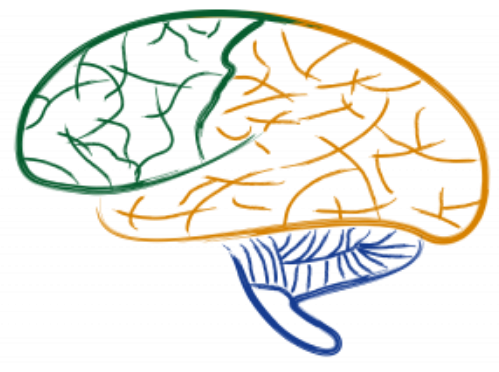Neurological disorders, such as Huntington’s disease (HD), Alzheimer’s disease (AD), Multiple Sclerosis (MS) and schizophrenia, are one of the major health social and economic issues of the 21st century. In that way,the main focus of our research group is to understand the molecular and cellular processes underlying them.
One of our projects investigate the role of mGluR5 in HD. To address that, we employ genetic combinations of a mouse model of Huntington’s disease (BACHD) and an mGluR5 knockout lineage, and use pharmacological tools, including mGluR5 positive and negative allosteric modulators. Our results indicate that mGluR5 plays an important role in HD and that mGluR5 positive allosteric modulators (PAMs) are potent neuroprotective drugs in vivo and in vitro.
We are also investigating how mGluR5 influences neuroinflammation in HD and AD. In these projects, we employ the transgenic BACHD mice lineage as well as C57BL/6J mice injected with amyloid-β into lateral brain ventricles. Molecular and cellular aspects are then evaluated to analyze the mechanisms related to glial cell activation and neuroinflammation.
In another project, we use human induced pluripotent stem cells (hiPSC) technology to study the cellular and molecular mechanisms underpinning synaptic pruning in schizophrenia and the neuroimmunological features of MS. hiPSC-differentiated neuronal and astrocytic cell lineages from healthy donors and patients and microglial-like cells (iMG cells) differentiated from peripheral blood mononuclear blood cells (PBMCs) are used investigate signalling processes between neurons and glial cells in these projects.
As Zika virus (ZIKV) infection has been recently shown to be associated with neurological problems, we have started to investigate some processes related to ZIKV and neurodegeneration in mice. We found that drugs that block NMDA receptors, including memantine, can rescue ZIKV-induced neuronal cell death in vivo and in vitro. In the present moment, we are investigating what are the long-lasting behavioral alterations ZIKV may cause in newborn mice submit to viral infection during pregnancy.






